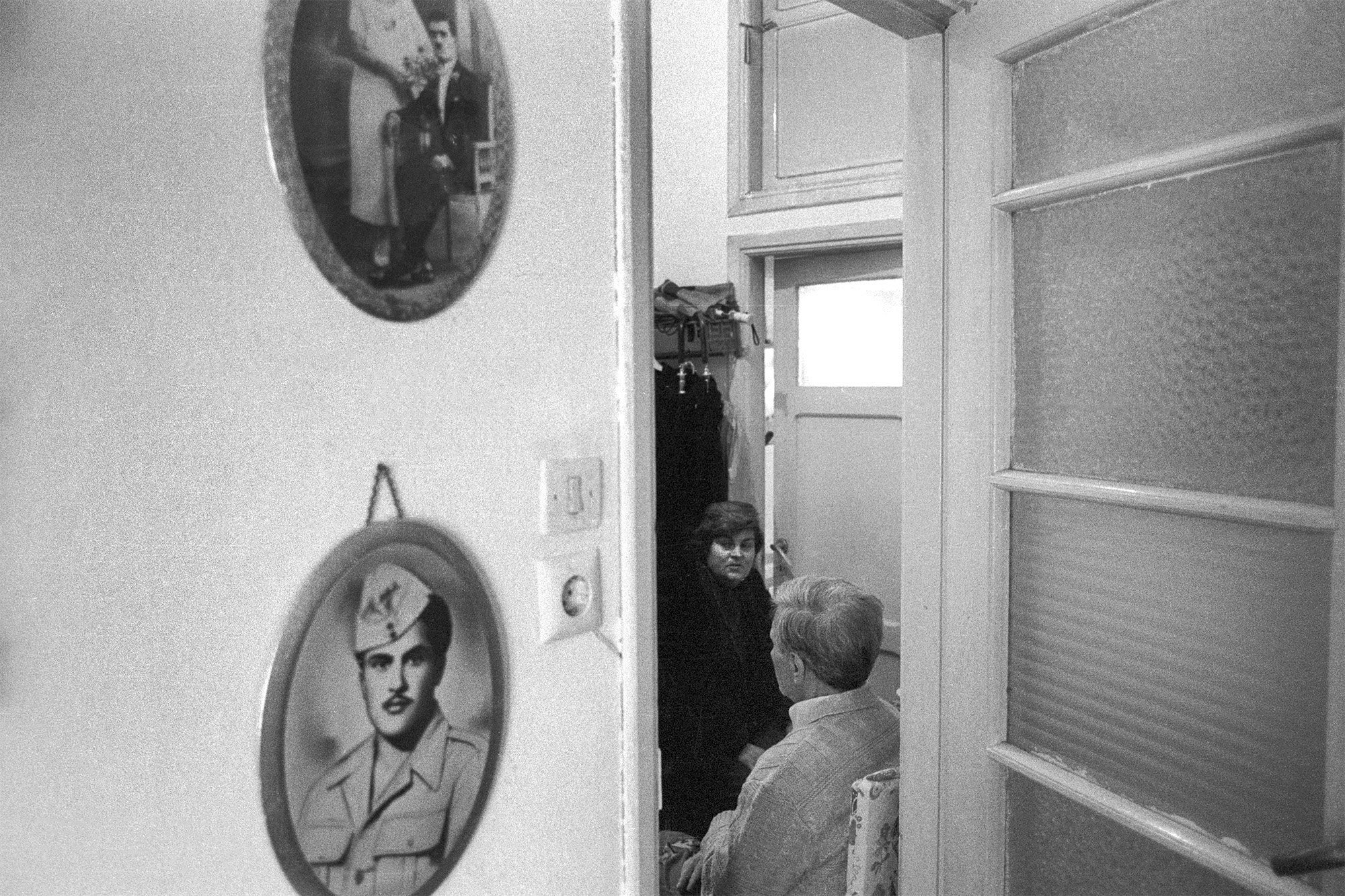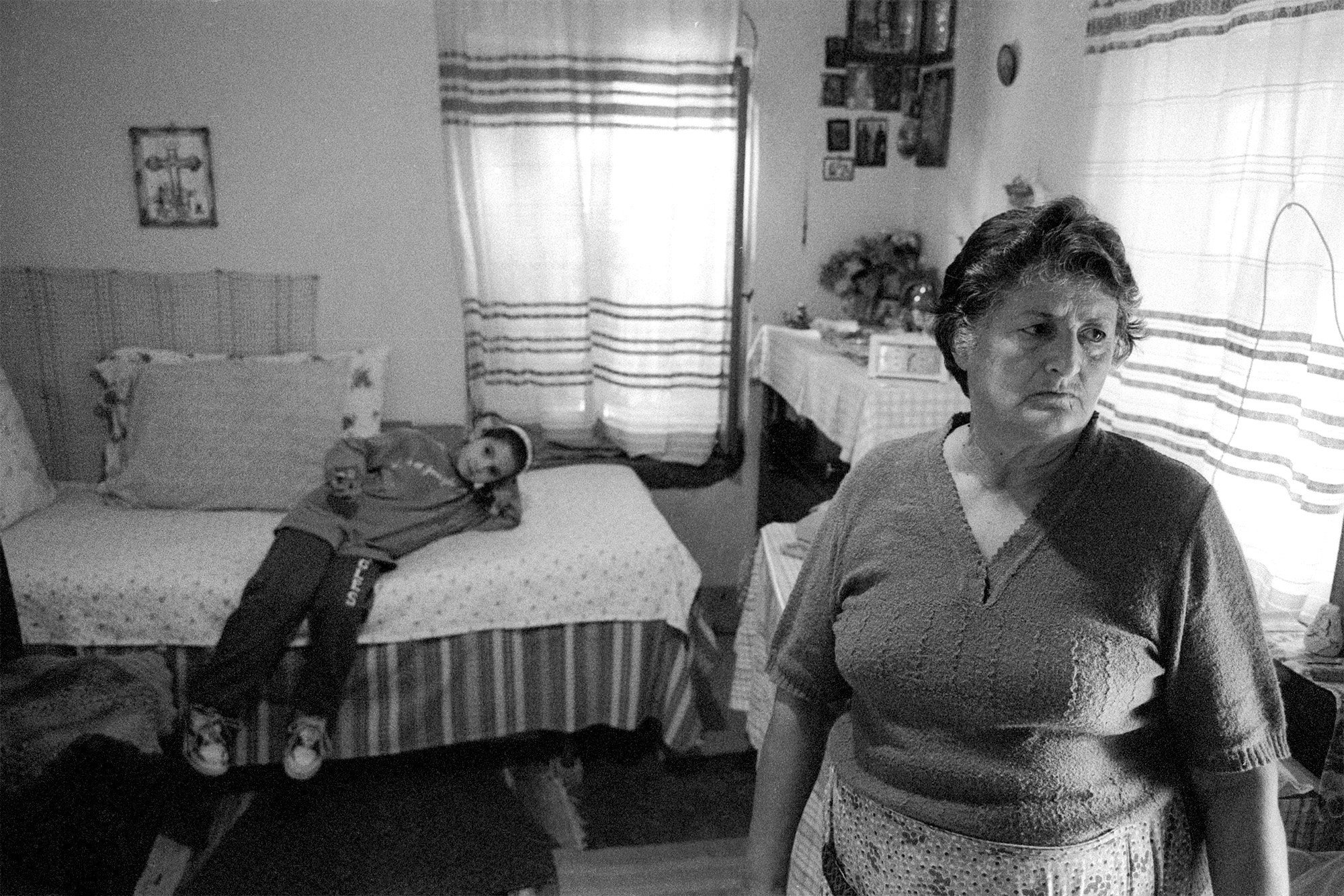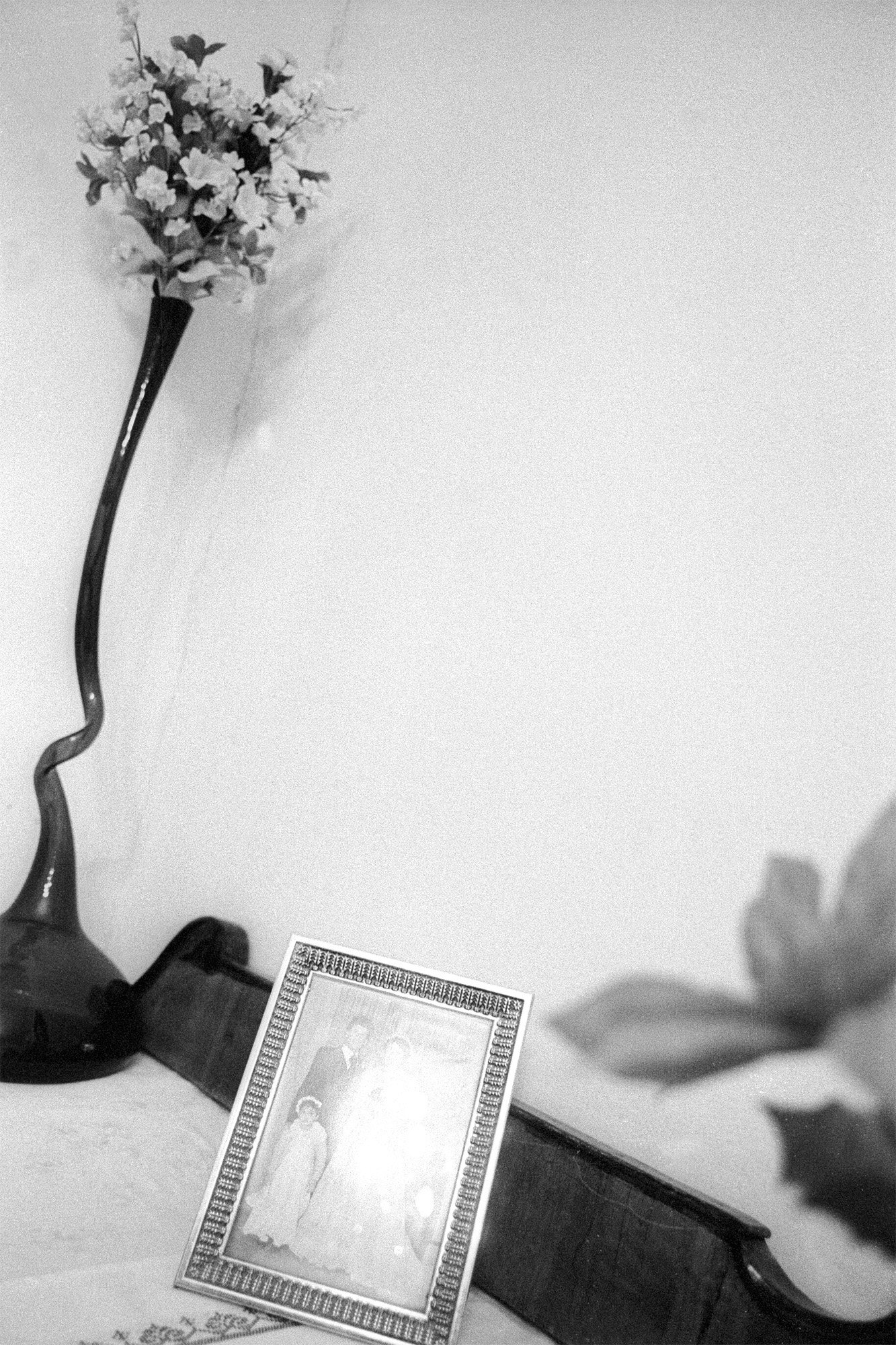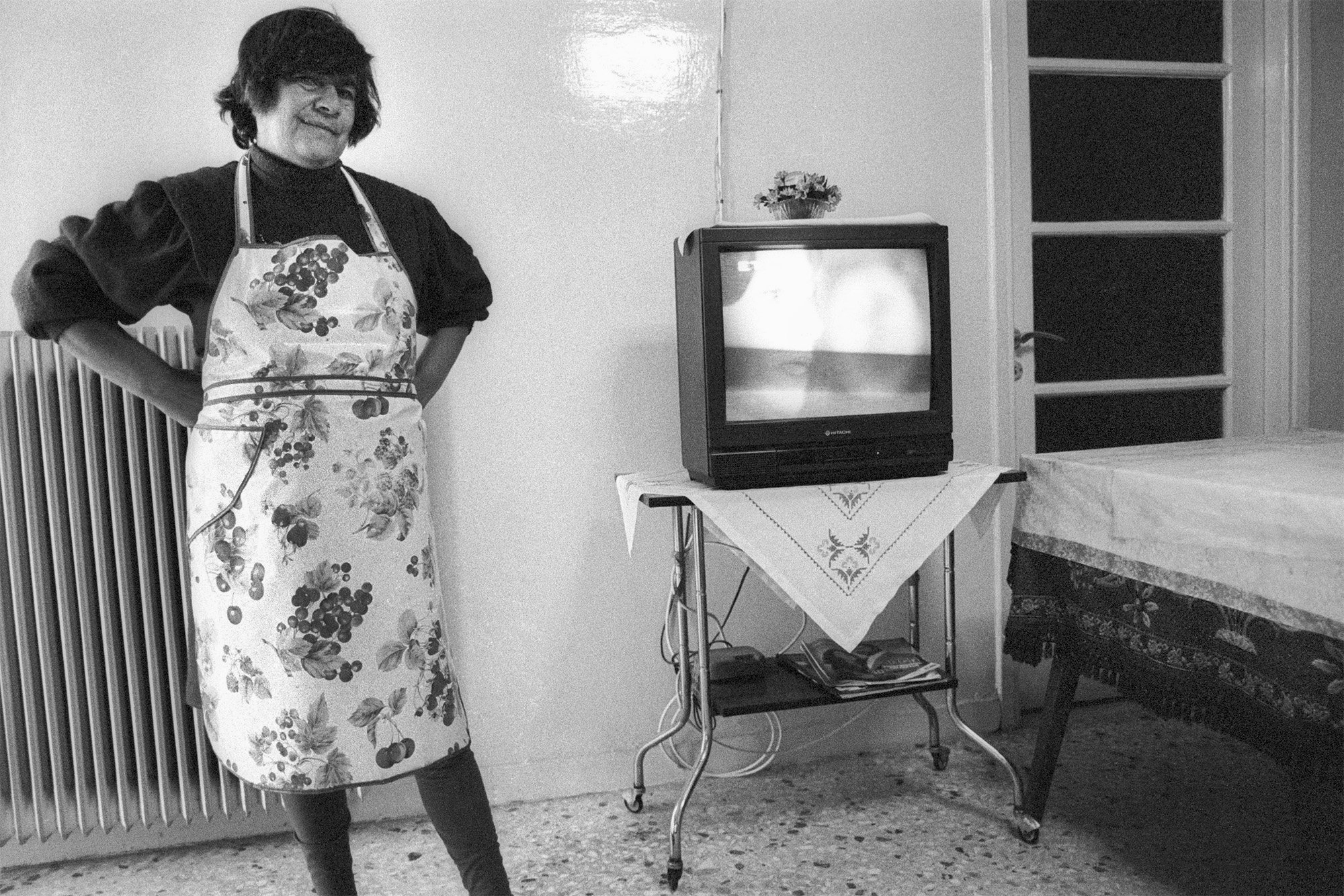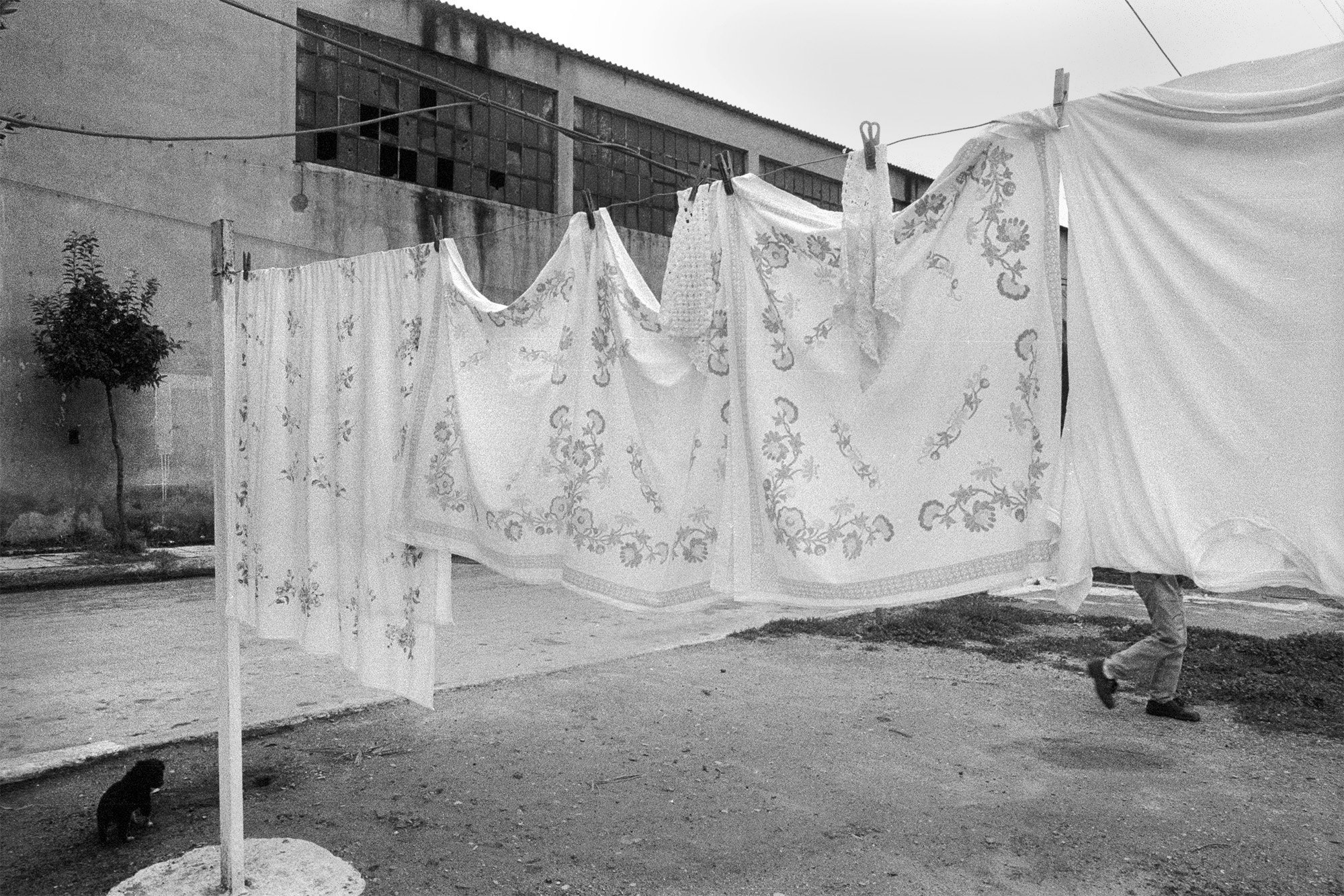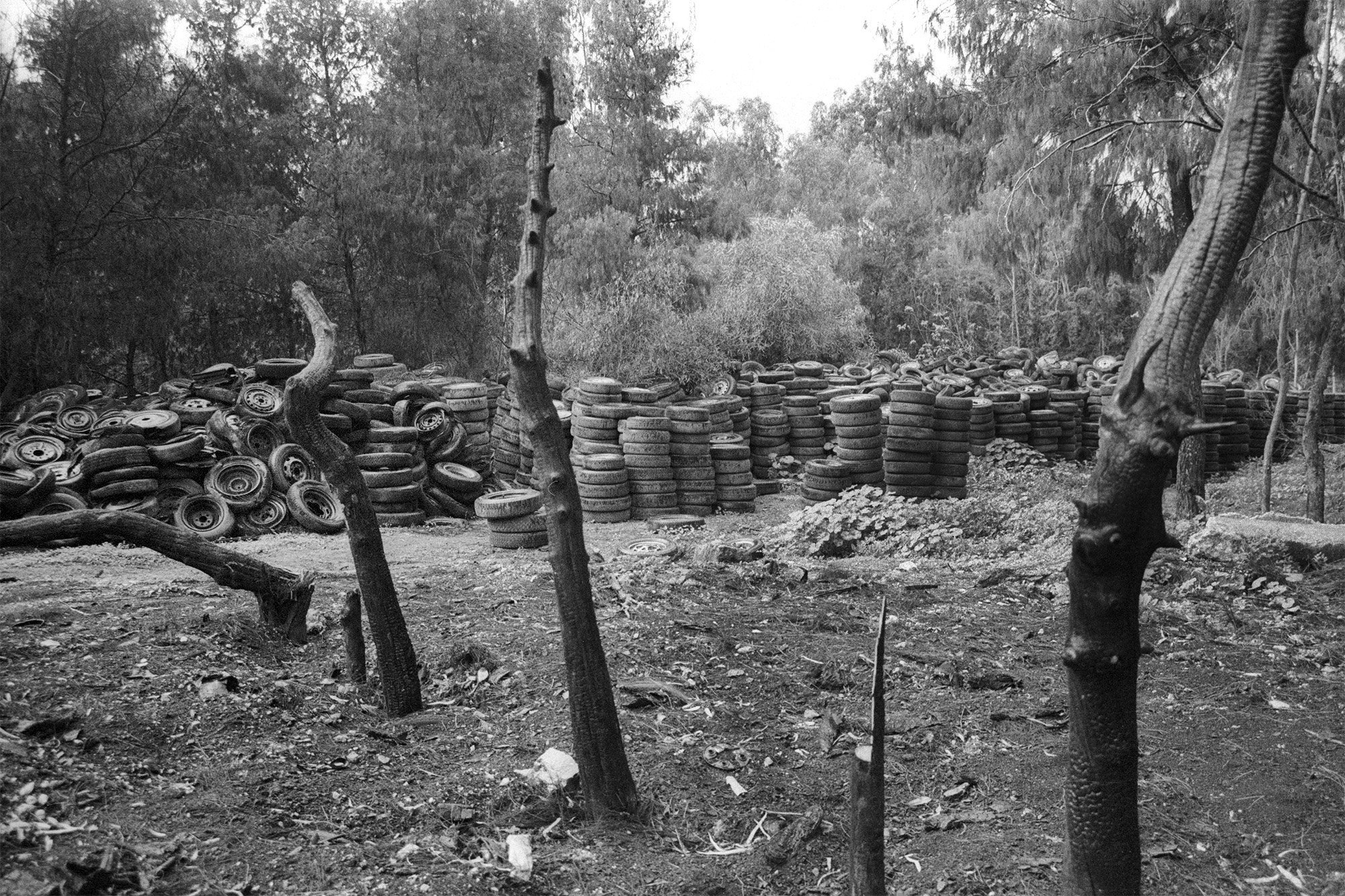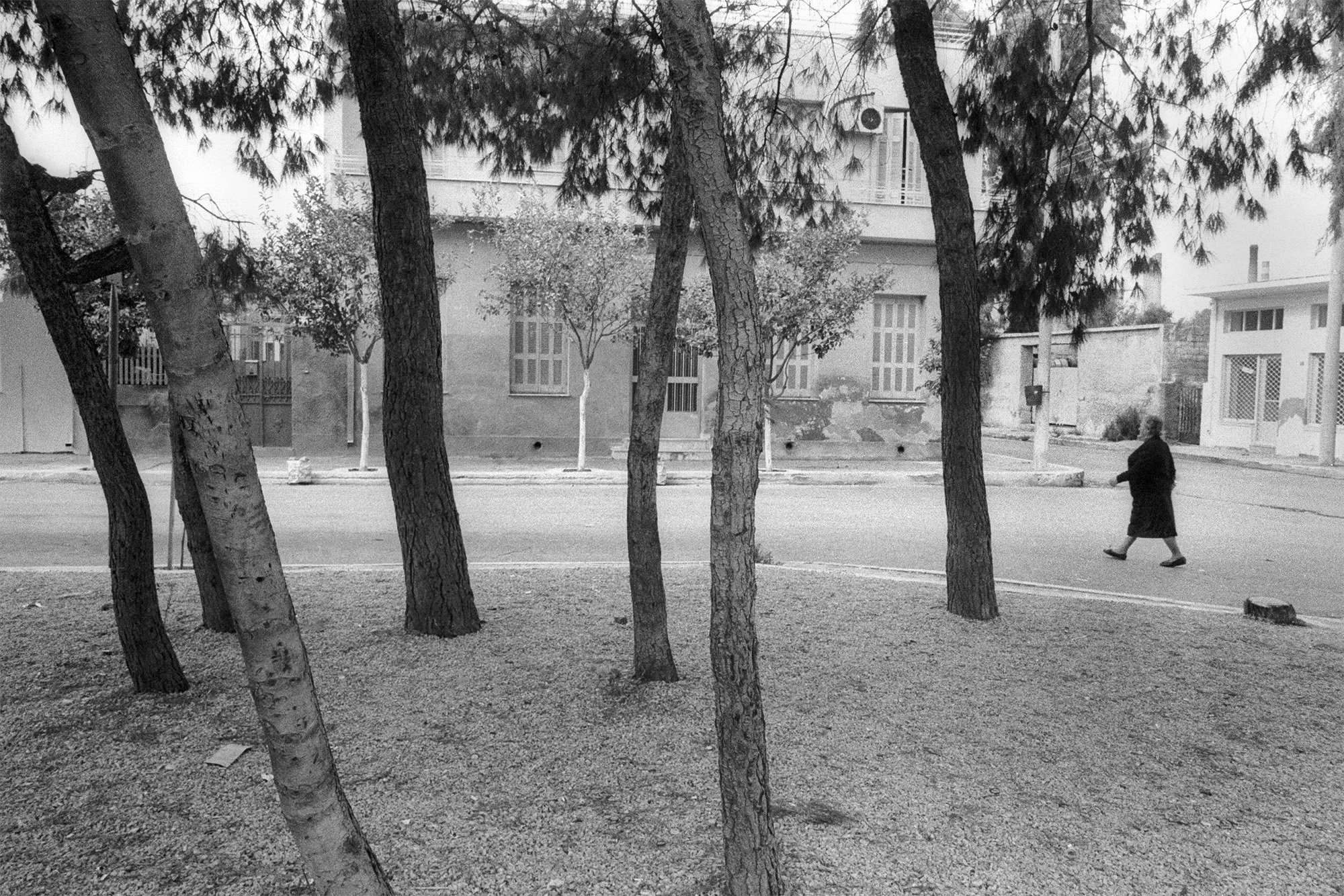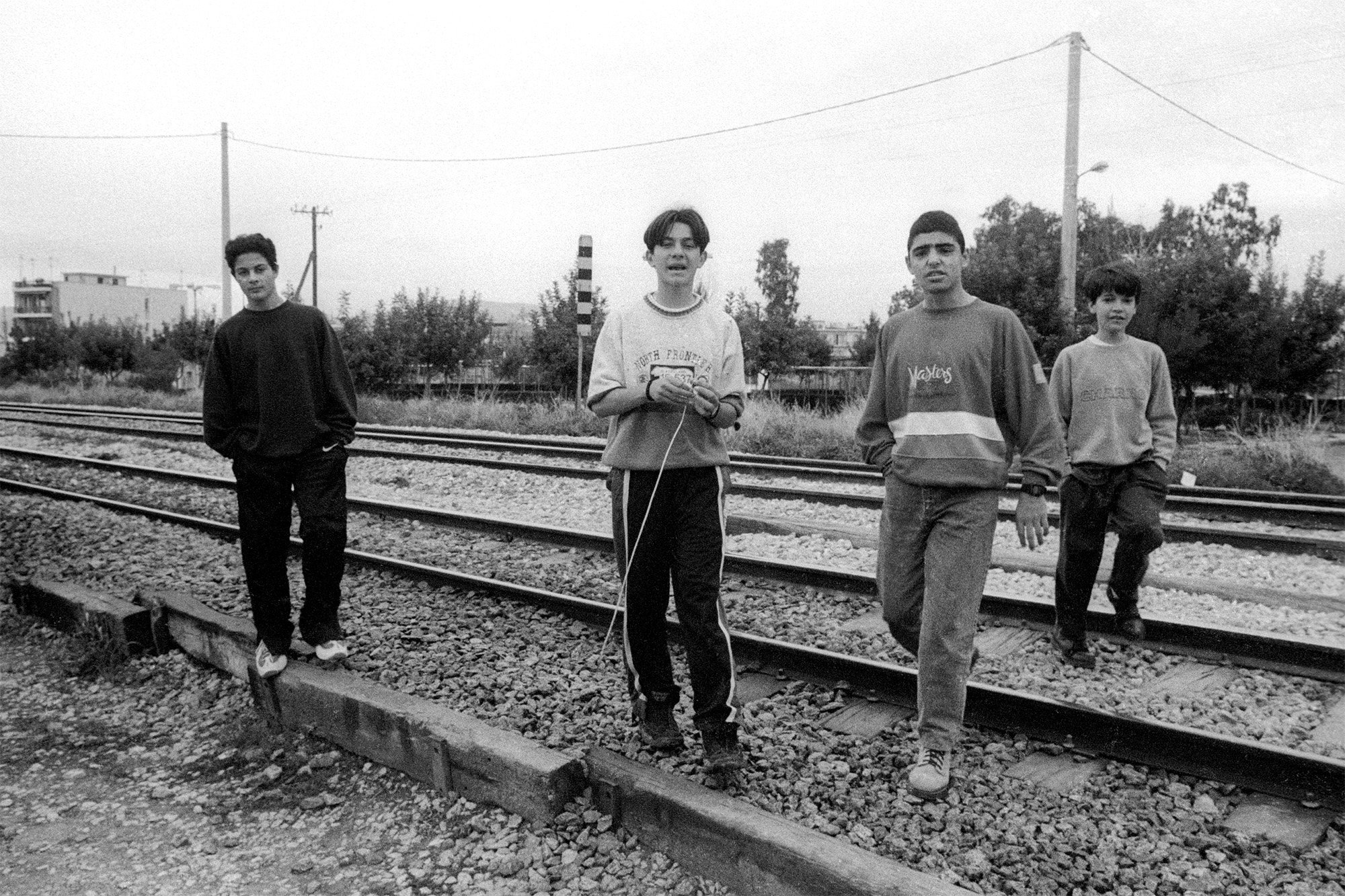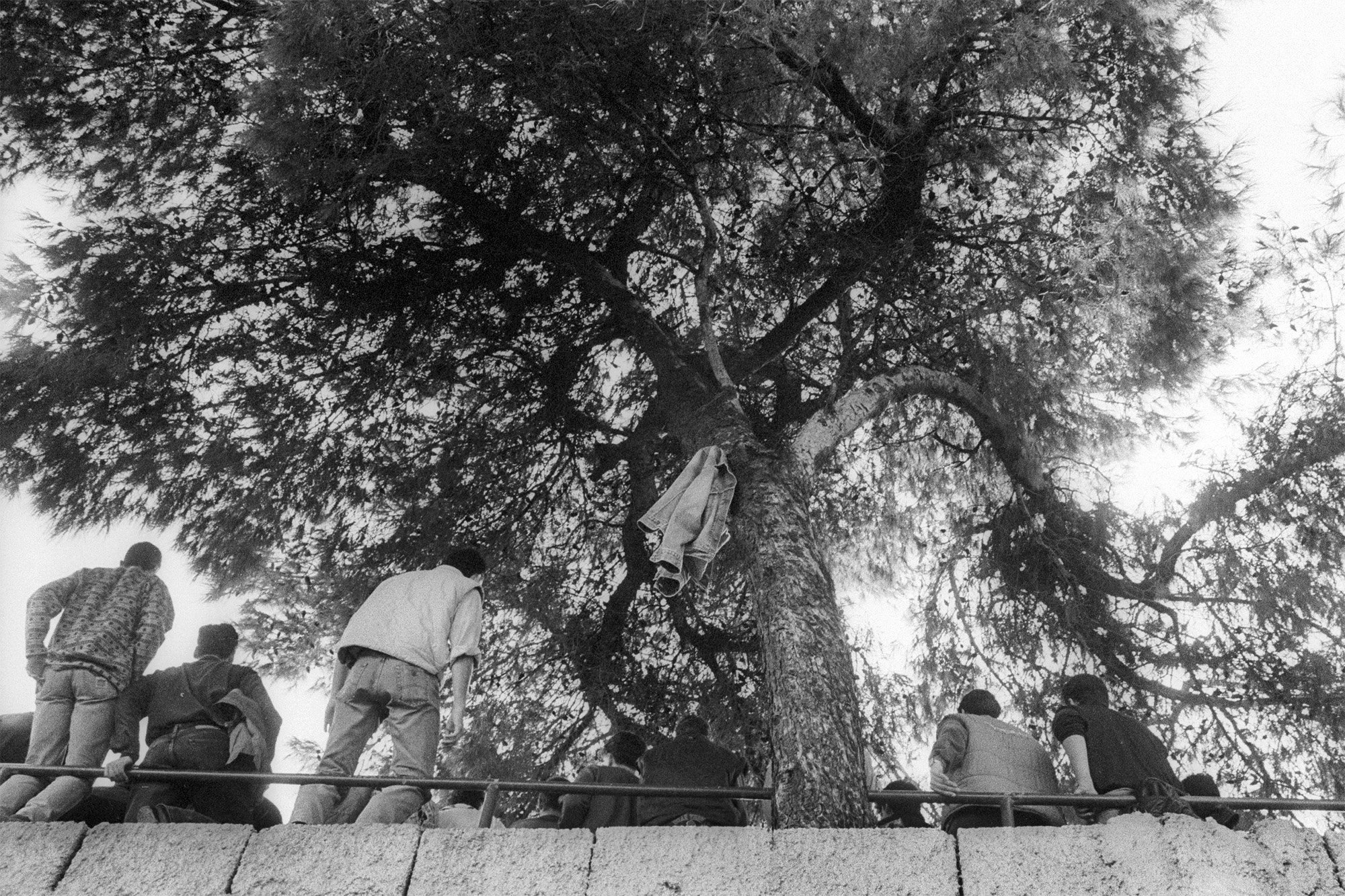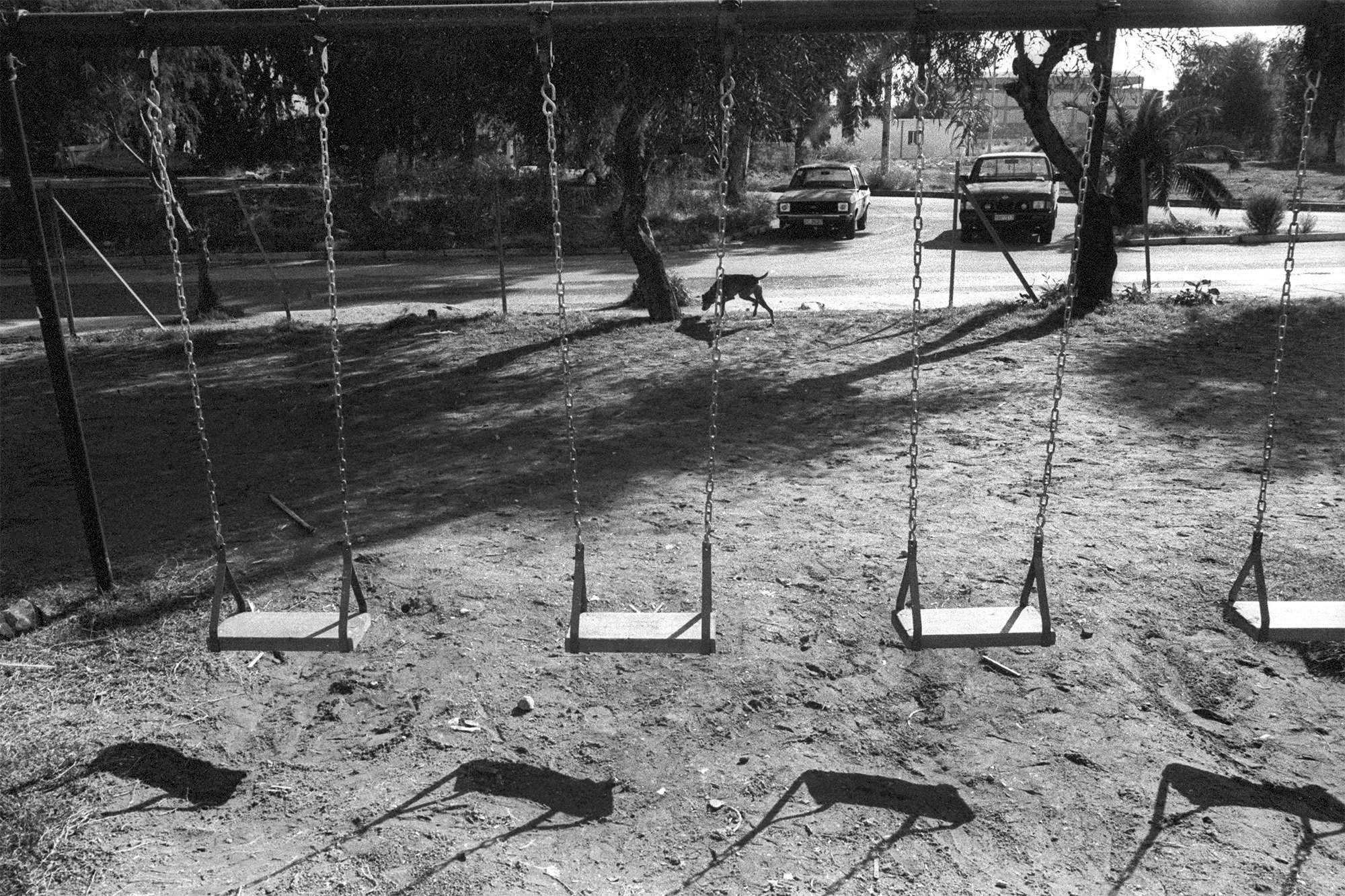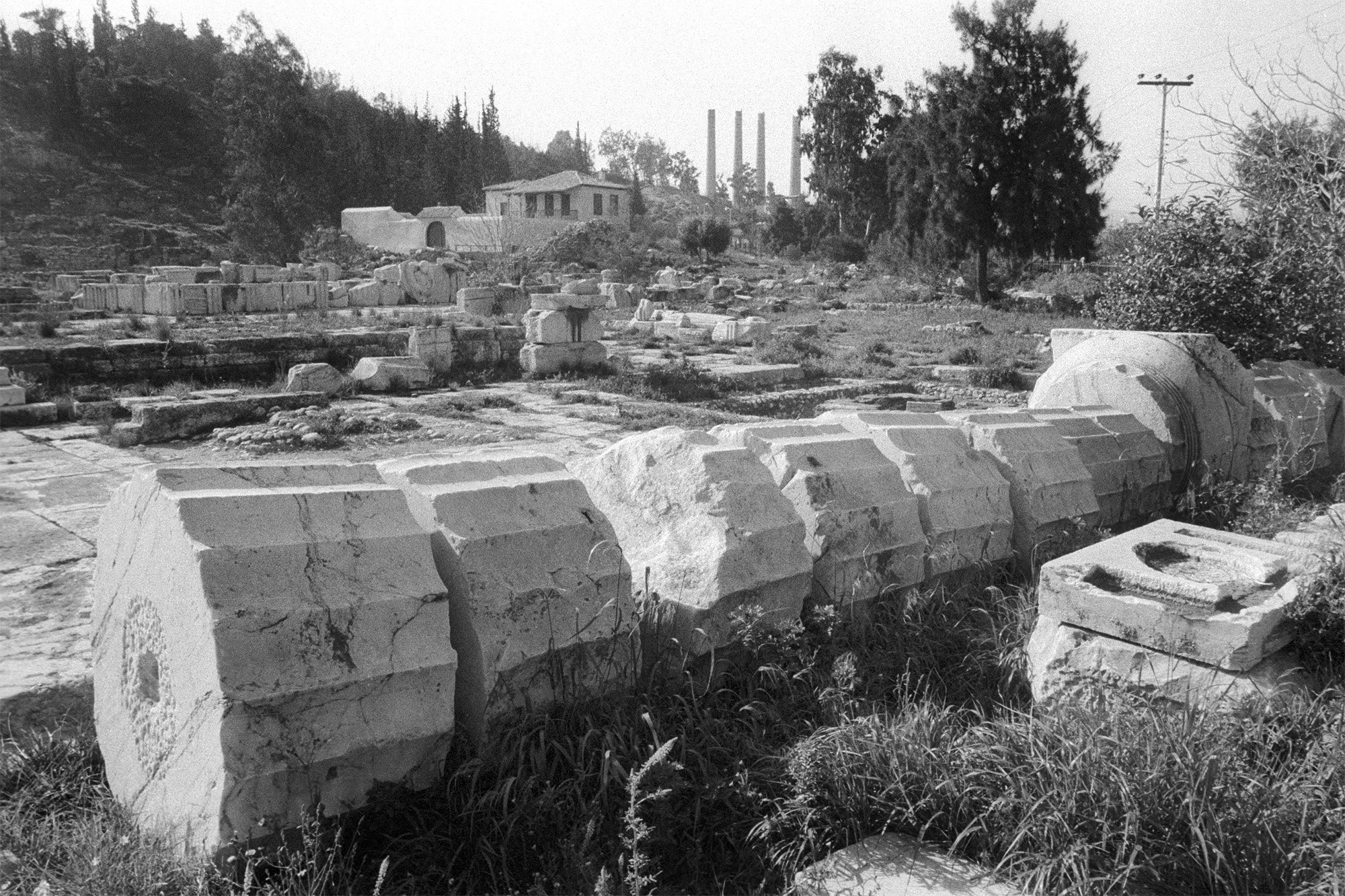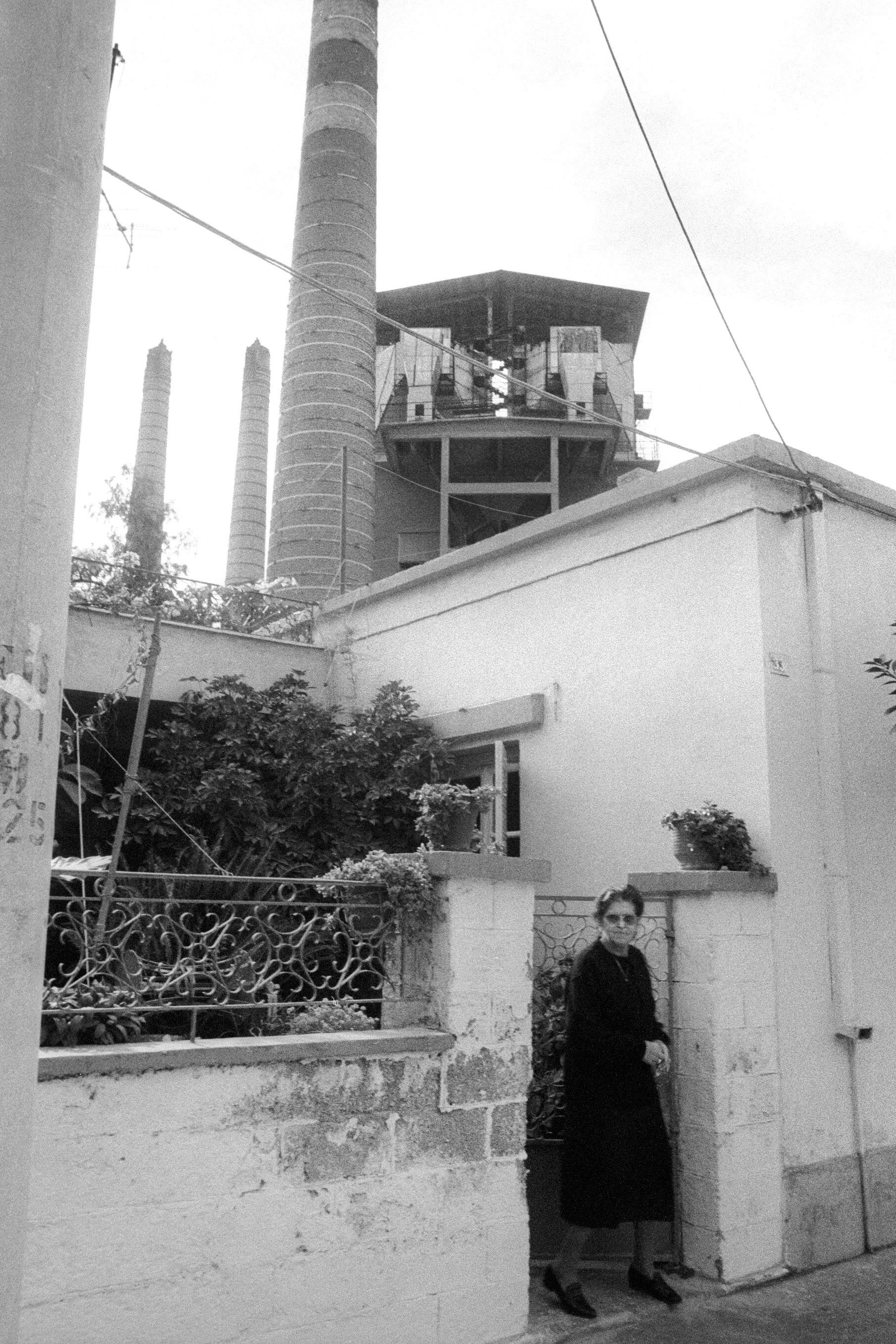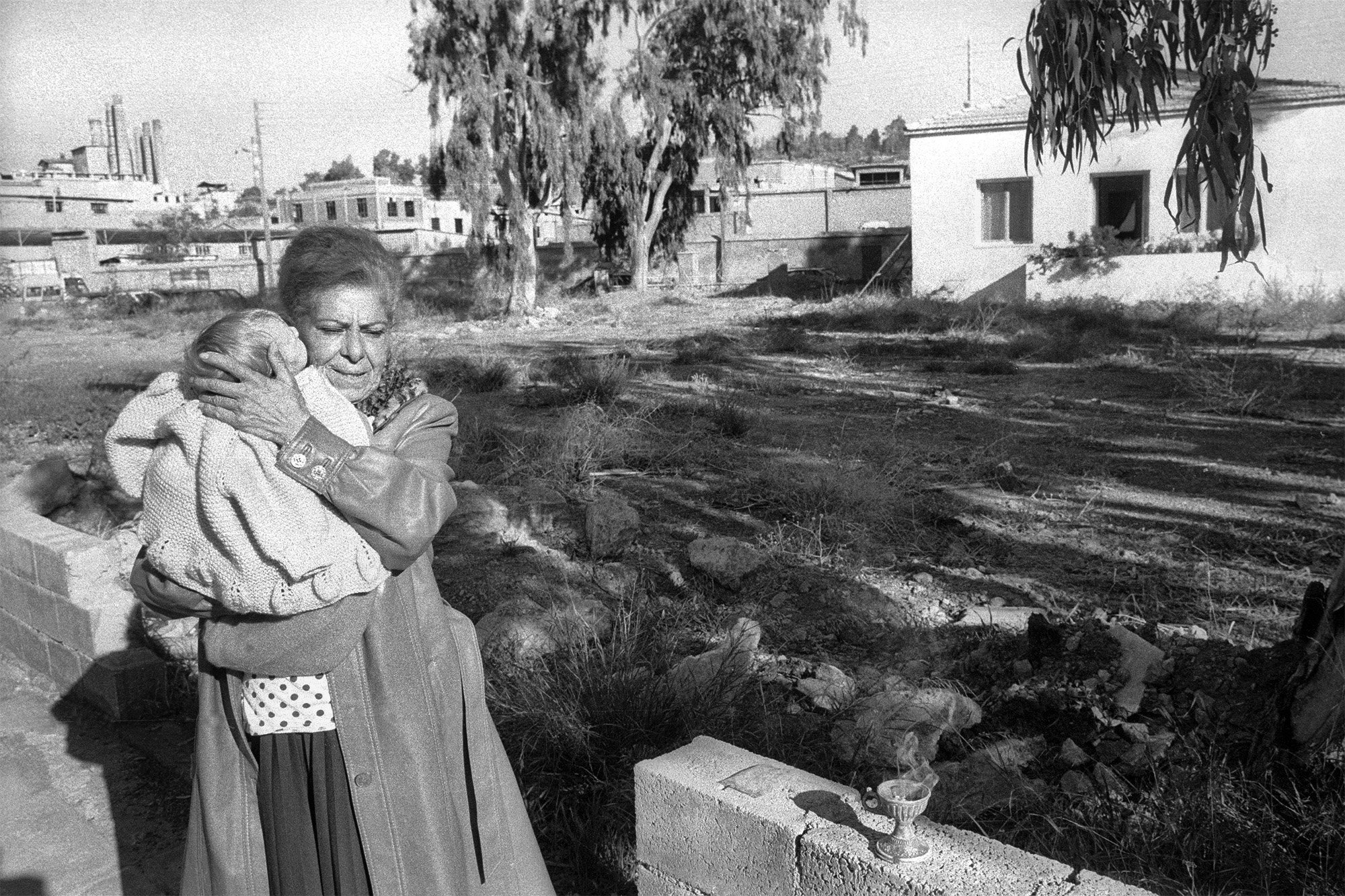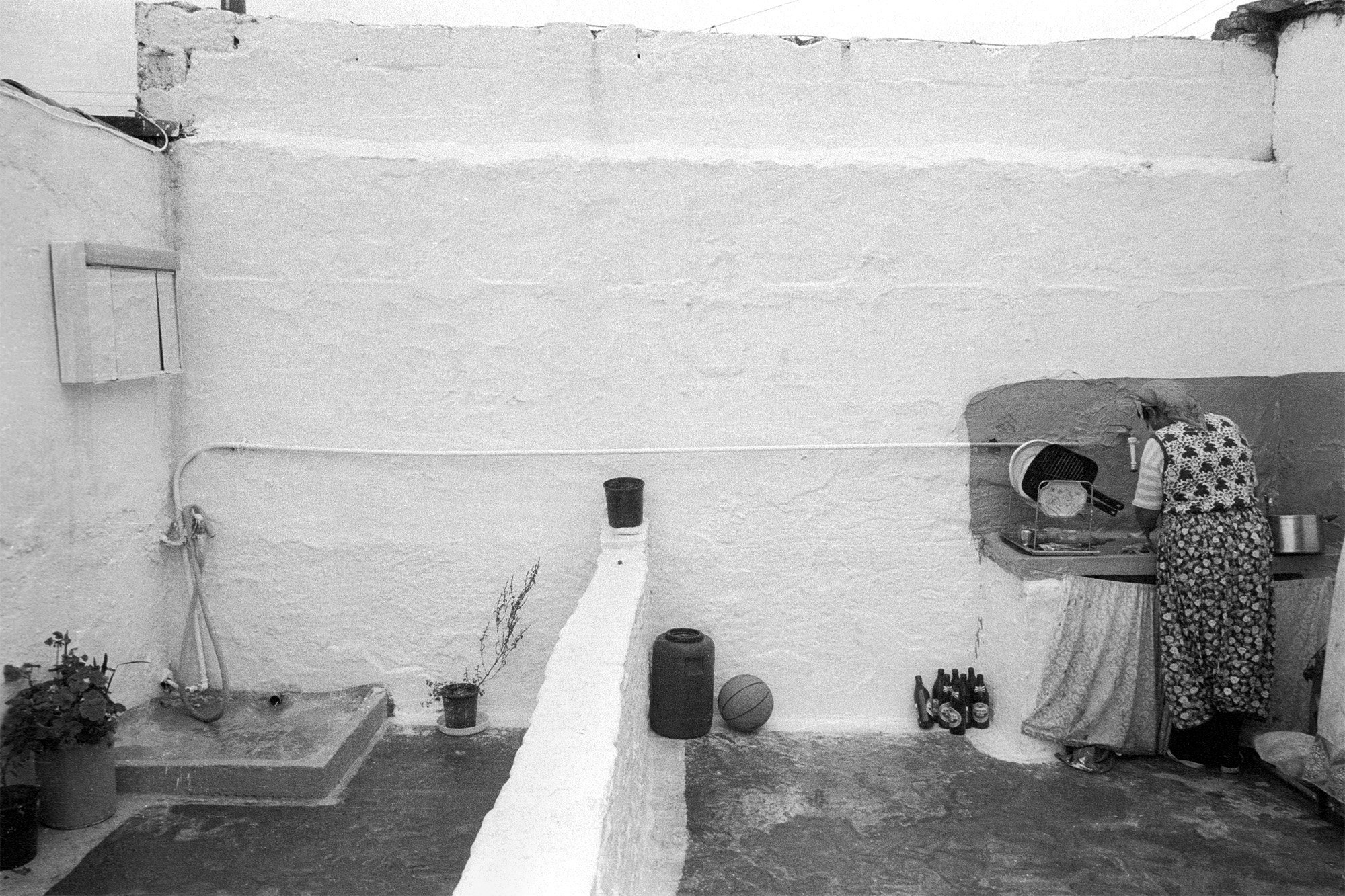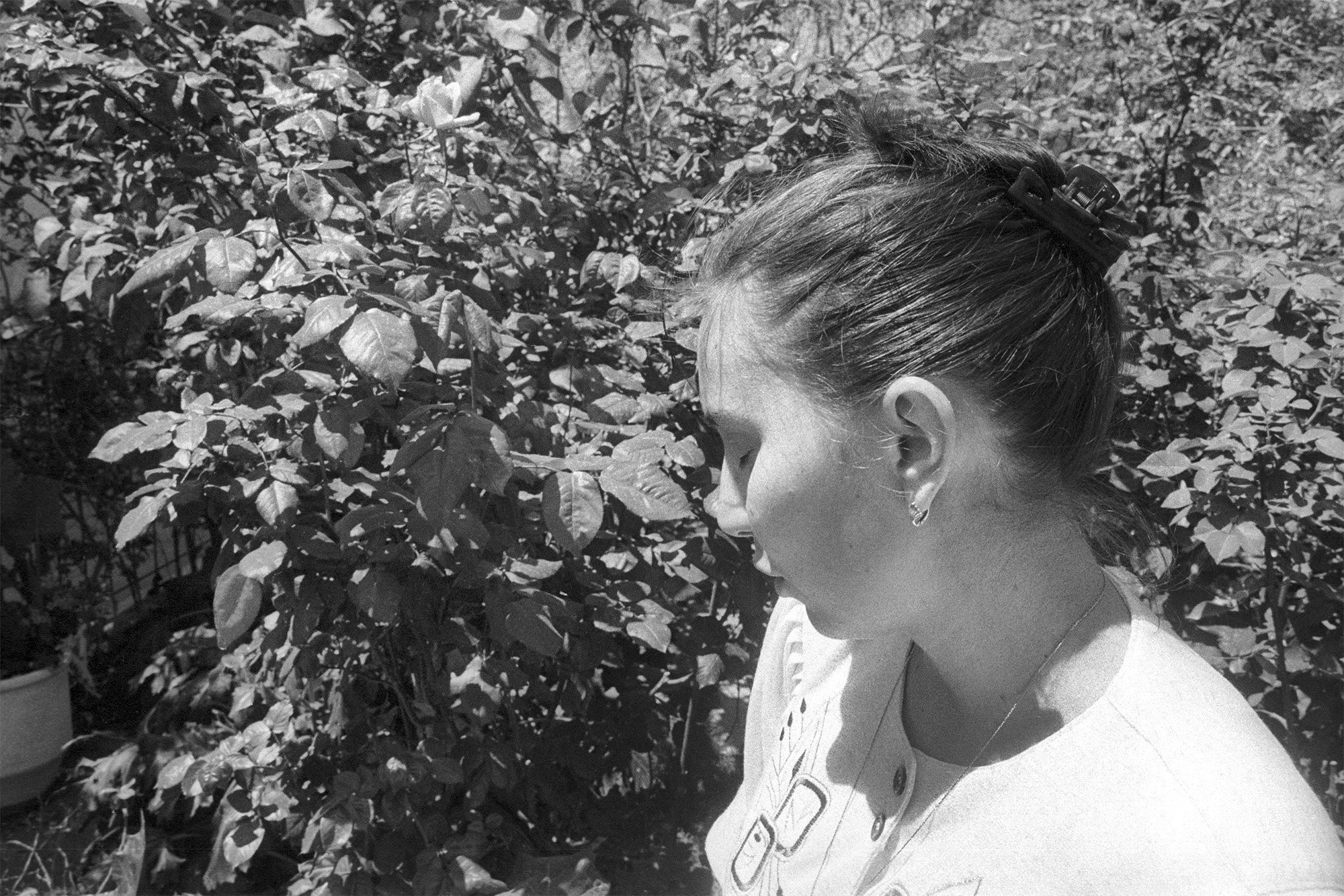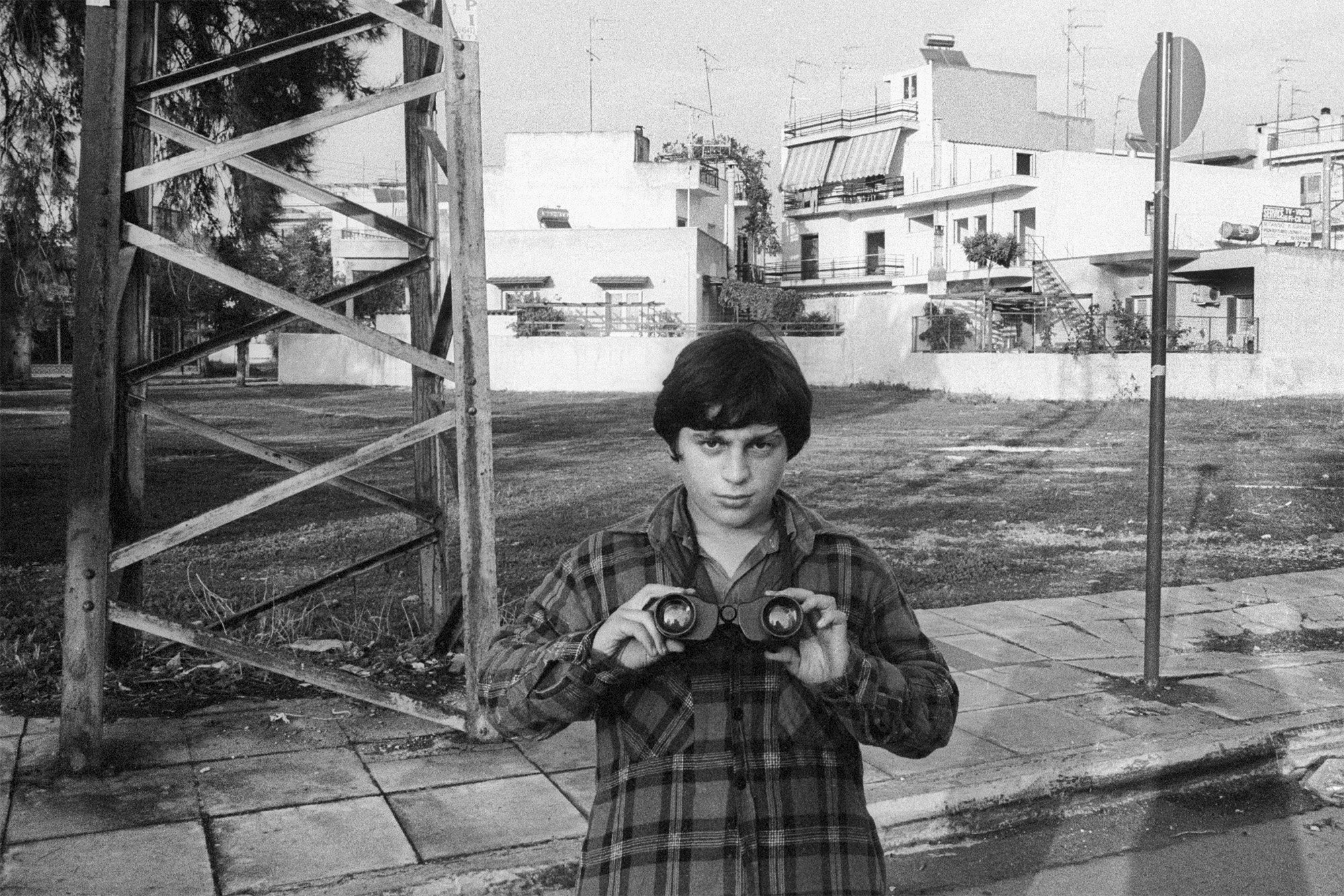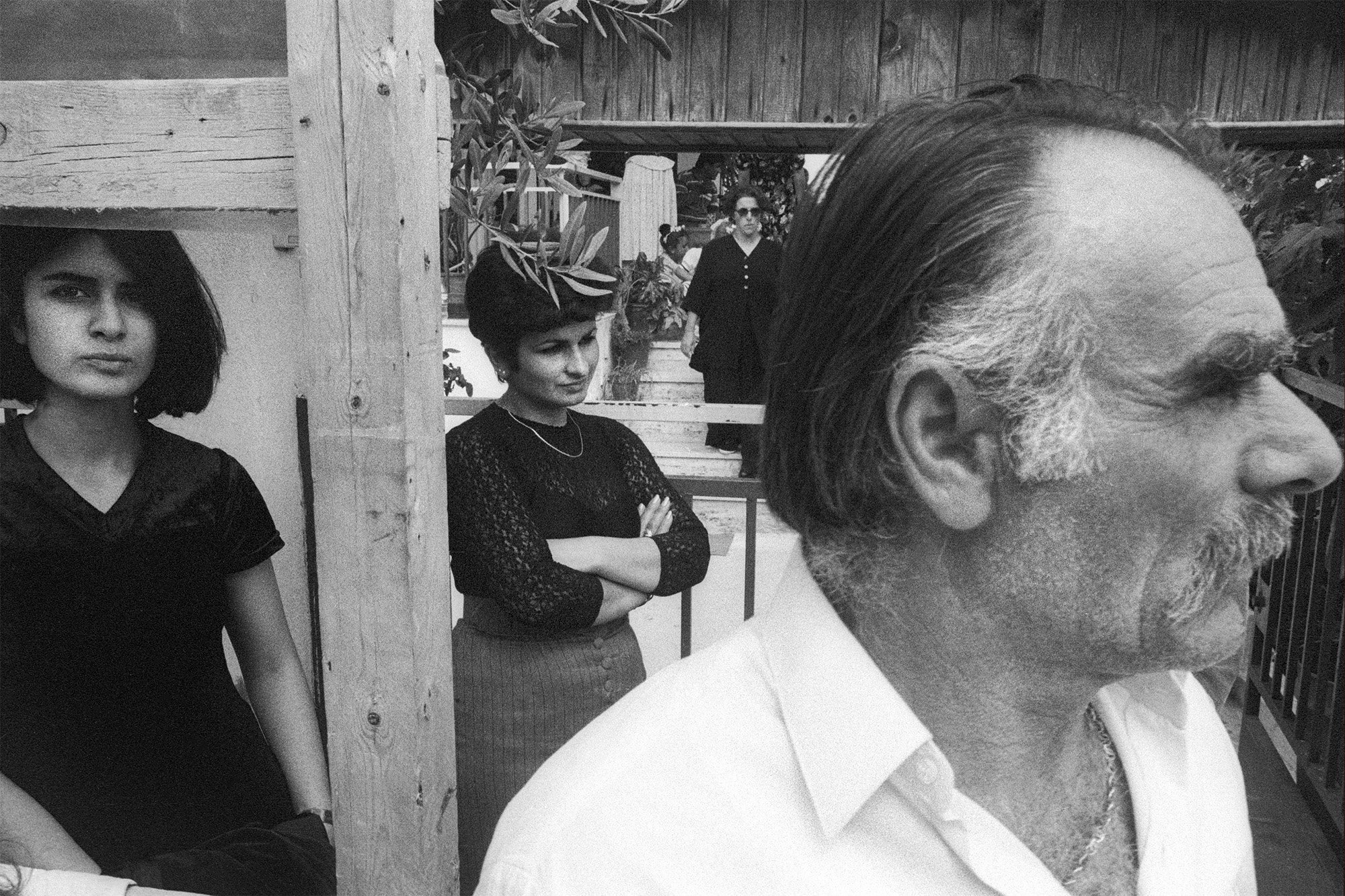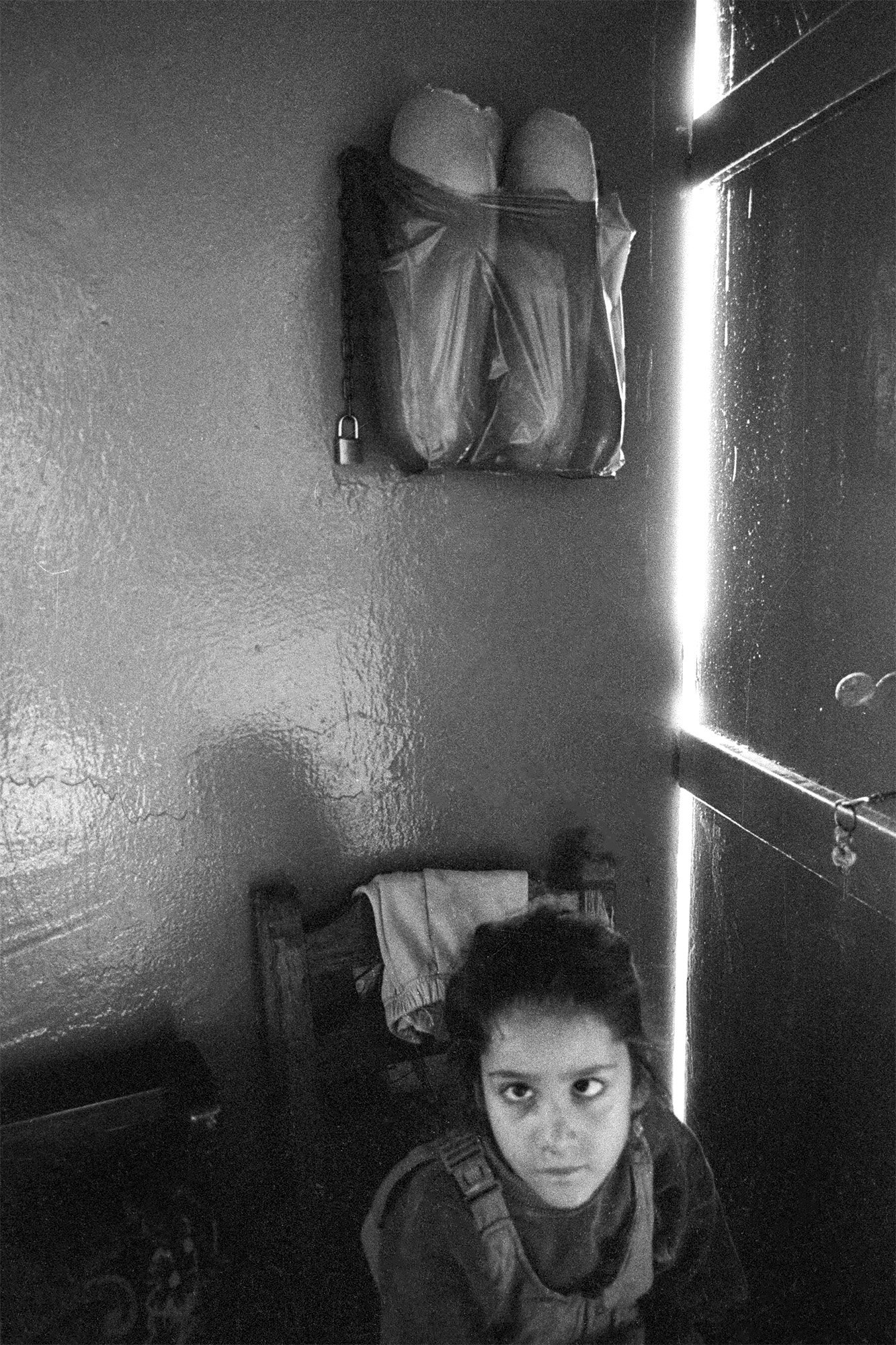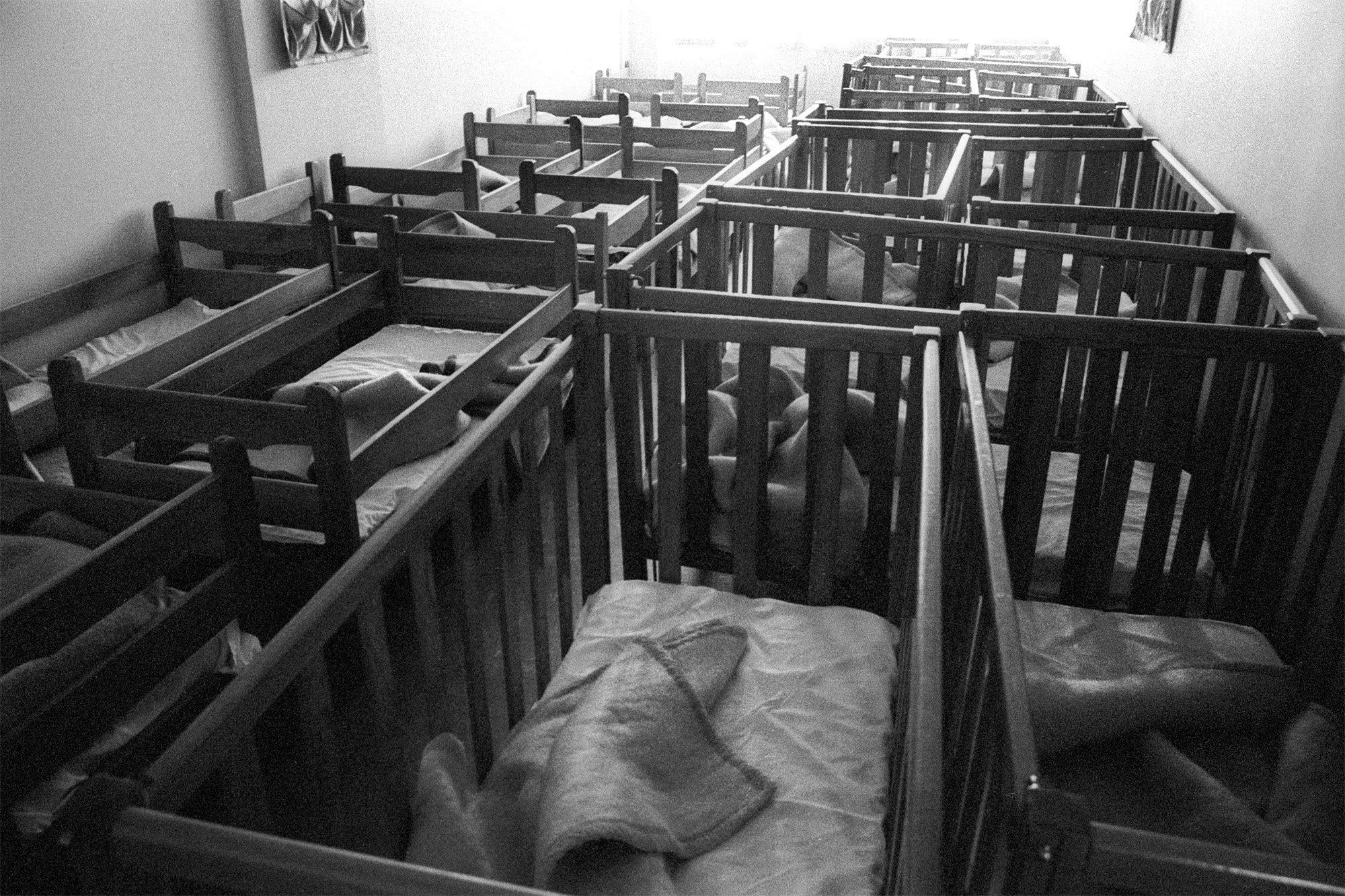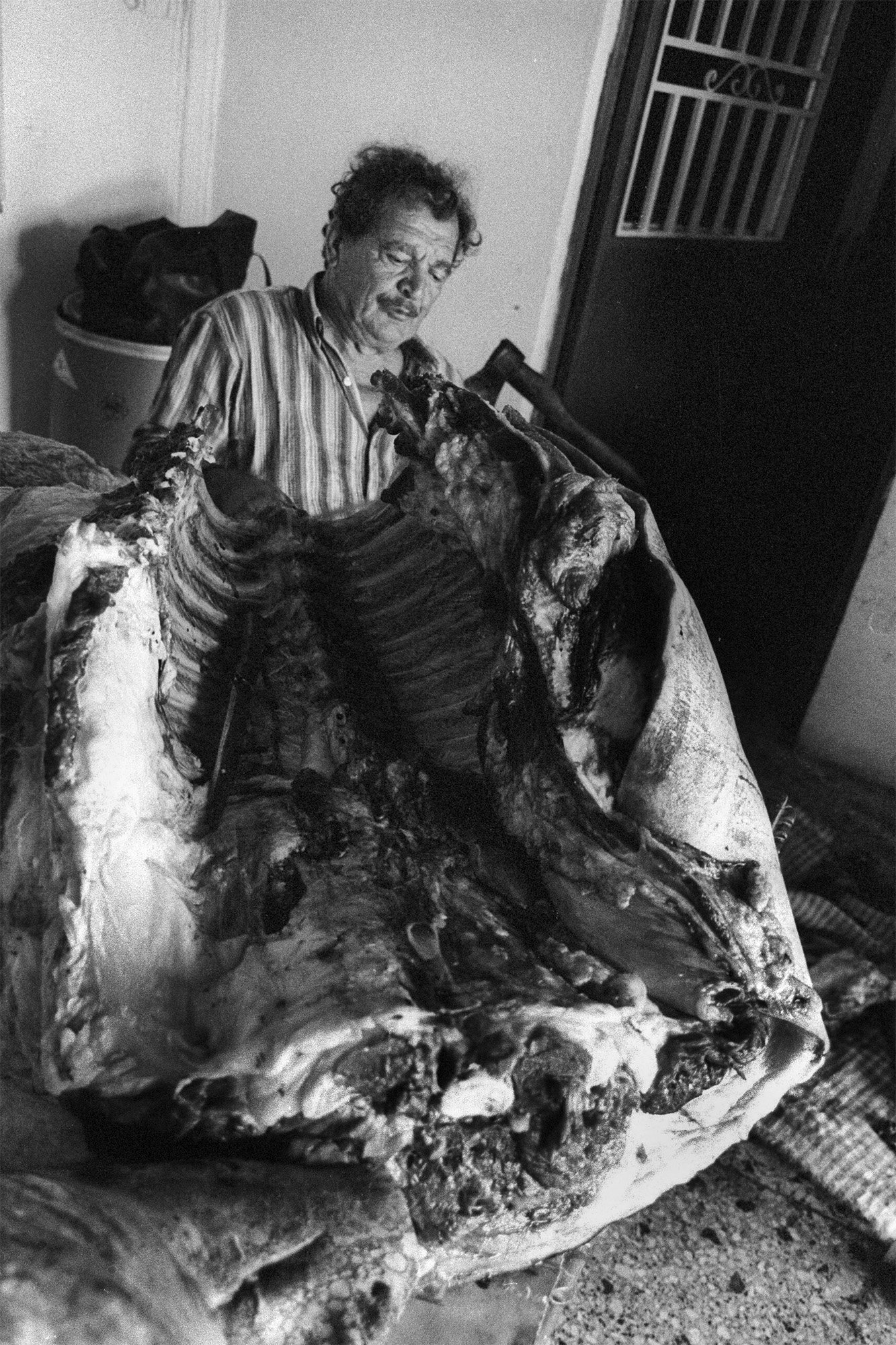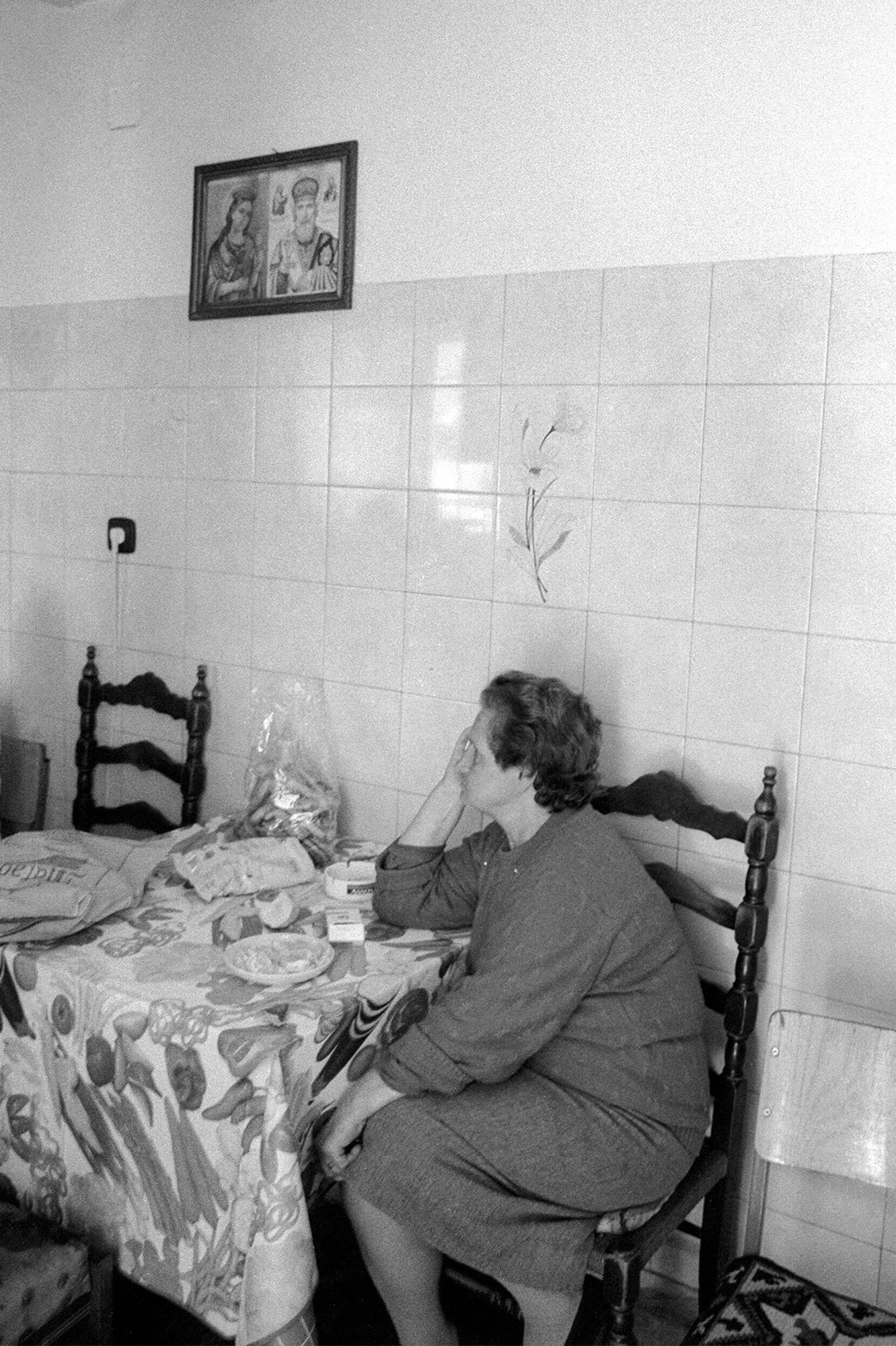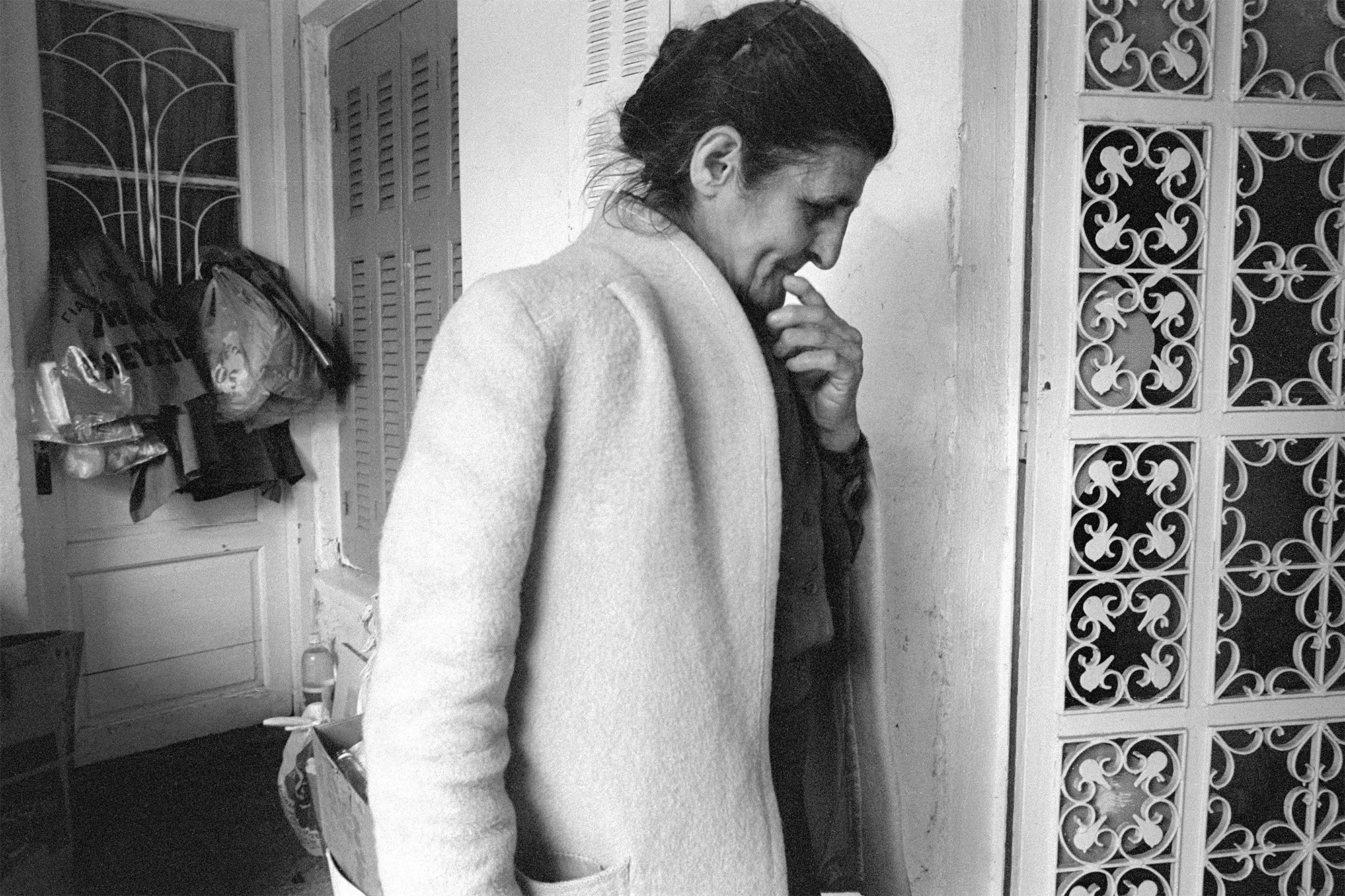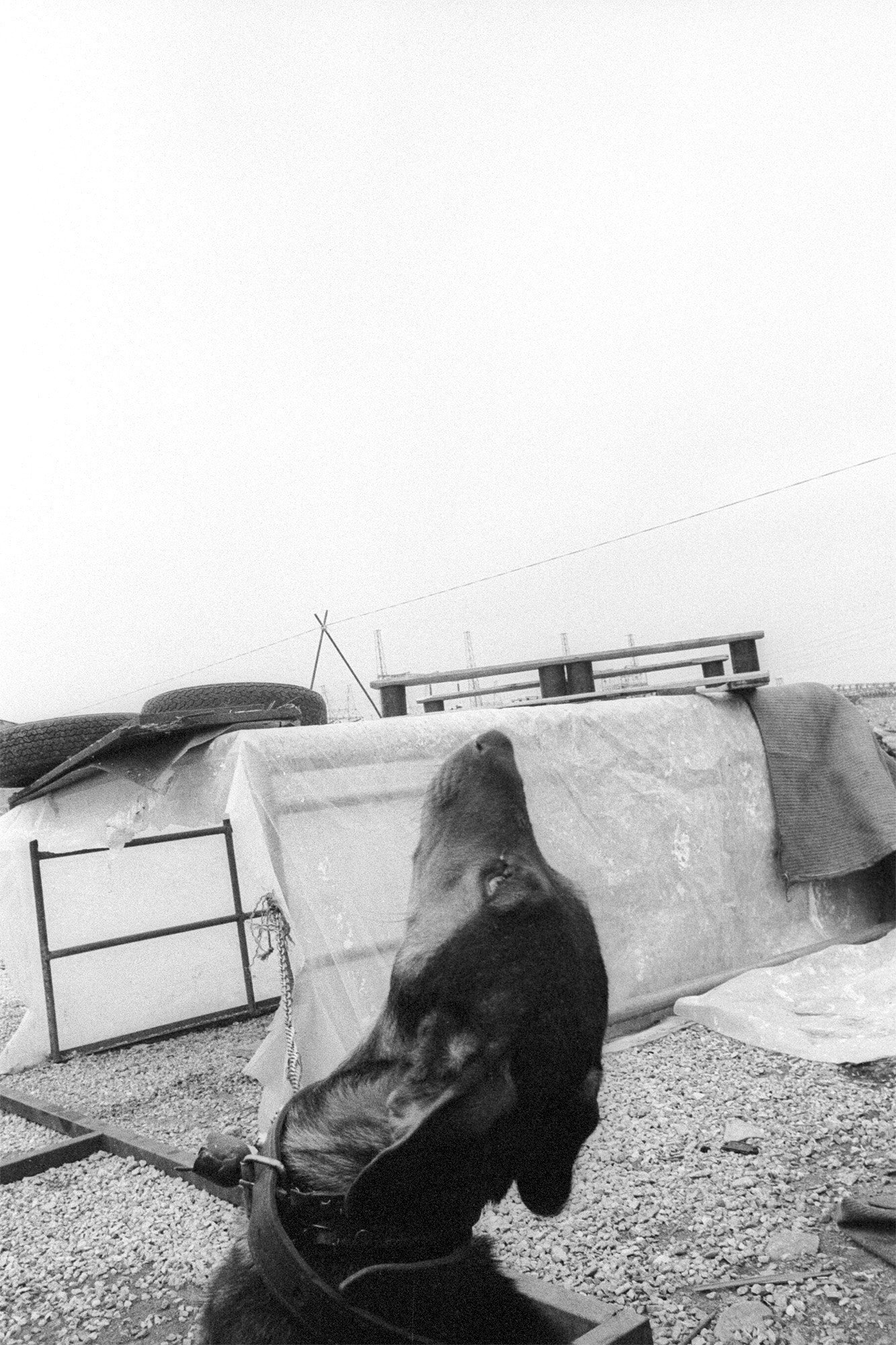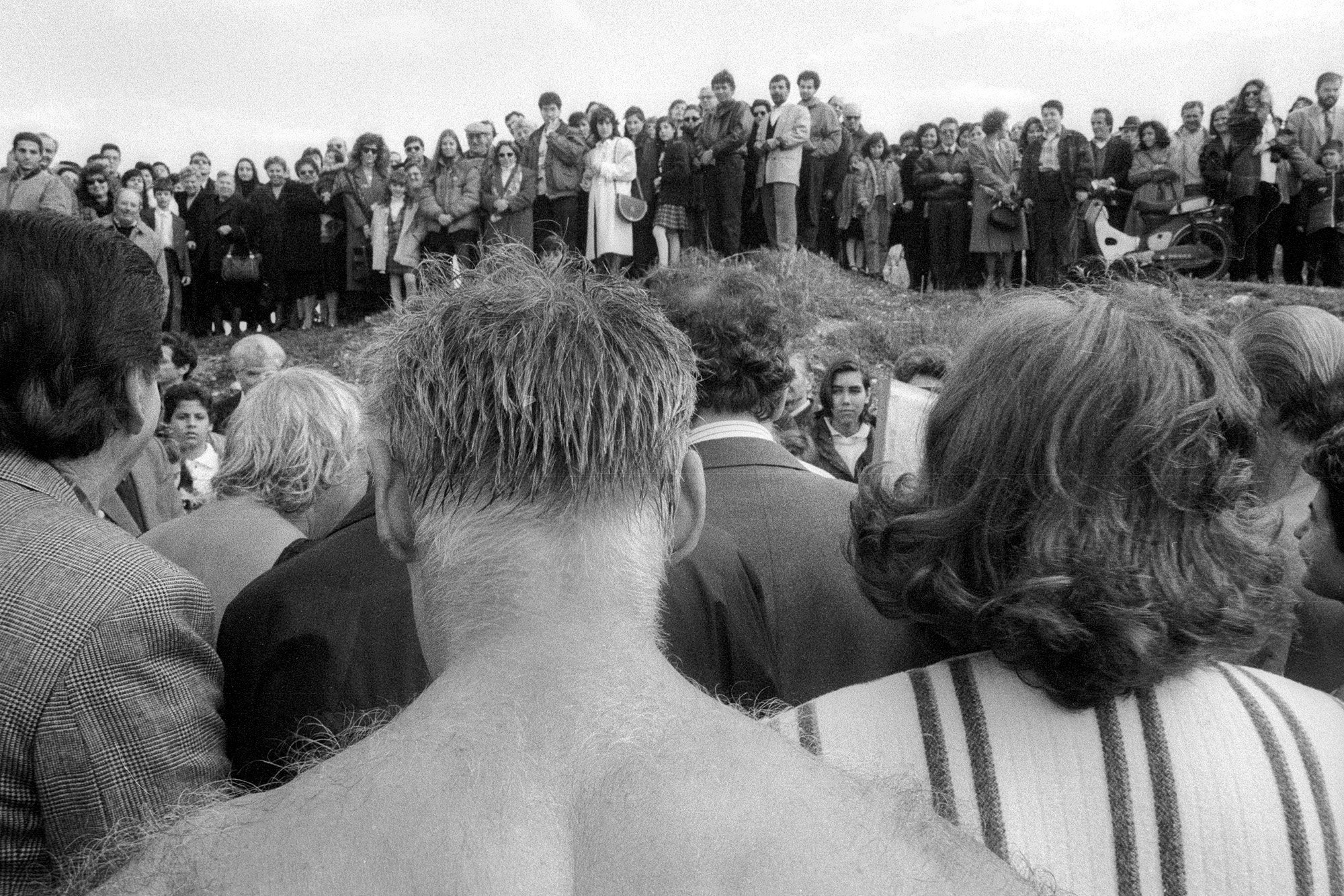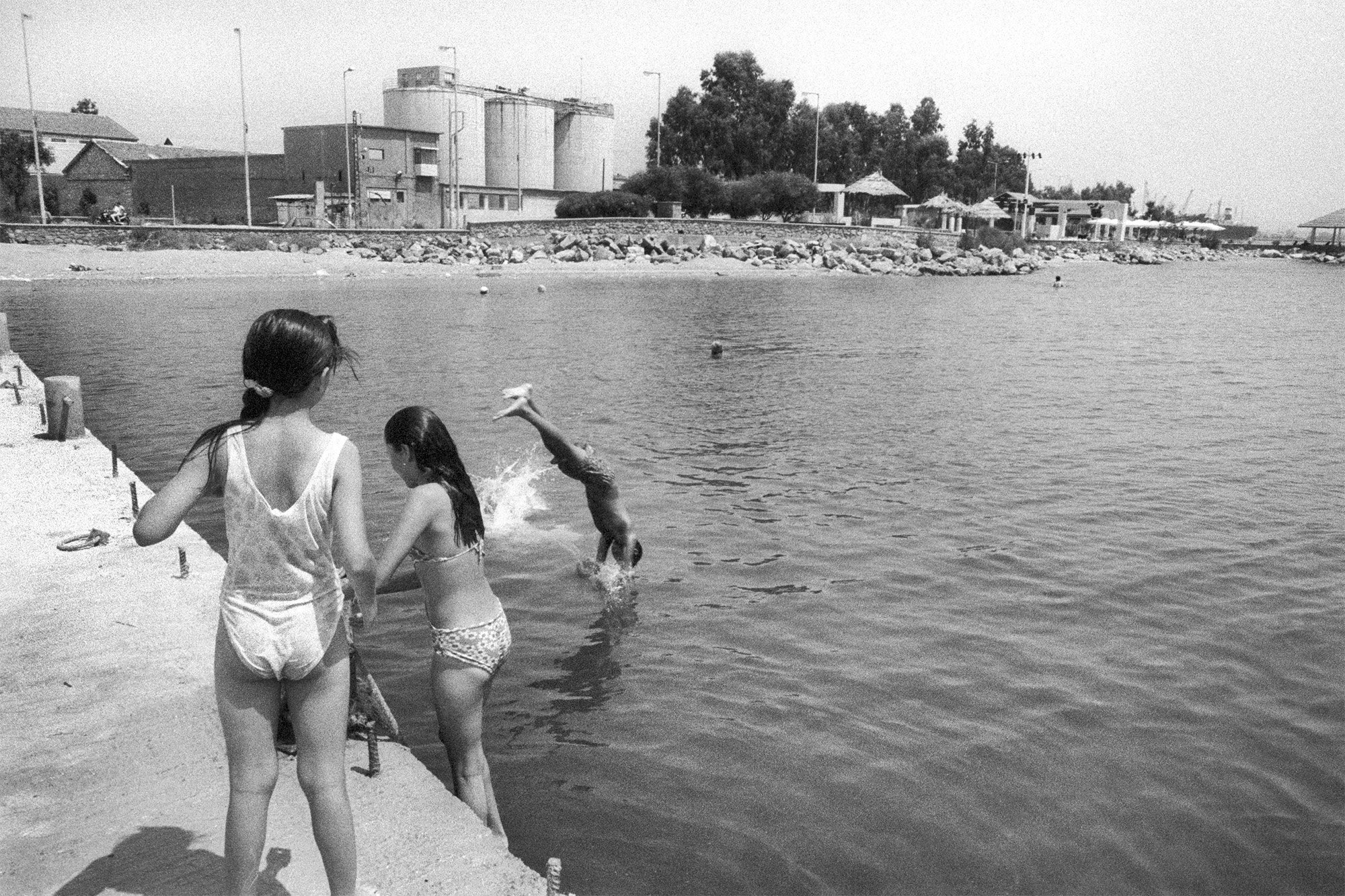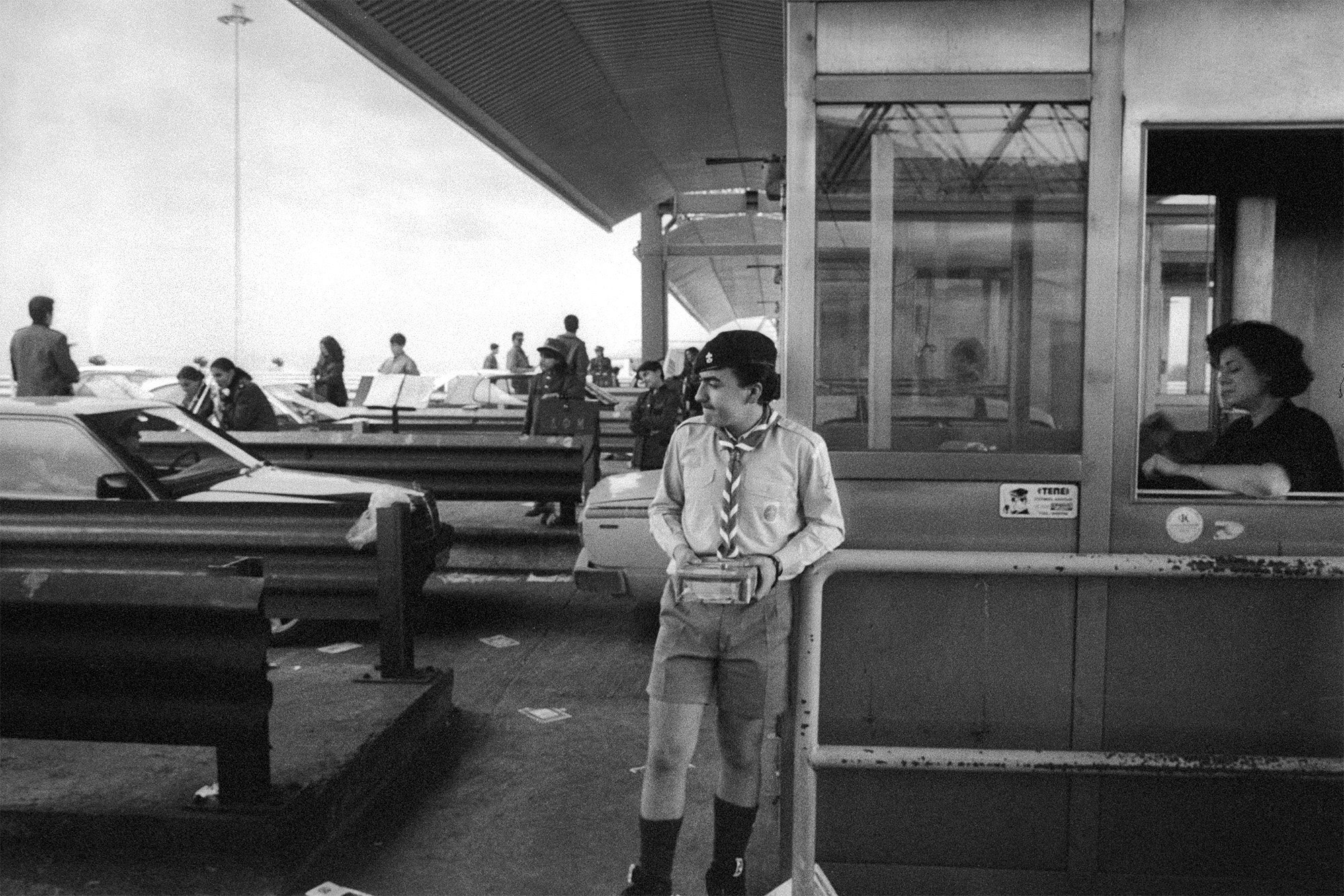Elefsina
Elefsina is a small town, situated 20 km west of Athens. Its diverse social character and its particularity are due to the presence of various heterogeneous social groups, caused by population movements from inside and outside the country. The industrial development of the ’60s encouraged this phenomenon.
The first movements of Greek Muslims of Turkish or Slavic extraction have started slowly in the early ’70s, from Thrace, reaching its peak in the ’80s. They migrated due to a lack of work in that area, caused by the slow industrial development.
The Muslim community families are scattered throughout the city and despite the links between them, they do not form a ghetto. The level of poverty of these families is very high and difficult living conditions impede their adaptation.
Another large community living in Elefsina is composed of Greeks of the Black Sea region who are called the Pontious. The first was settled in Elefsina in the mid-’60s, they have constructed prefabricated houses in an arbitrary mode next to the airport where they live in close confines. At the end of the 80s, the social instability looming in the Soviet Union caused a new wave of Pontious’ immigration to Greece, many of whom settled in Elefsina. This generation, heavily influenced by Russian culture and speaking only Russian, met very significant adjustment problems. Factory closures and rising unemployment have only accentuated their situation.
This is a photo of Elefsina, a place where Doric columns face the chimneys of cement factories and steel industry, where the coexistence of population movements is present where environmental and social problems swell day by day, it is there where part of the Greek society is building in search of new hope for a better life.
